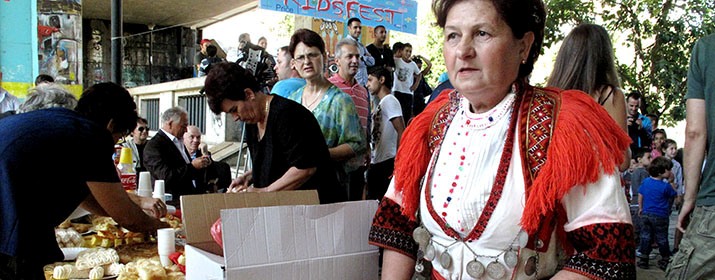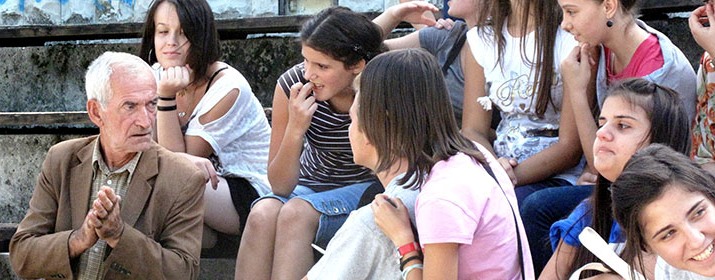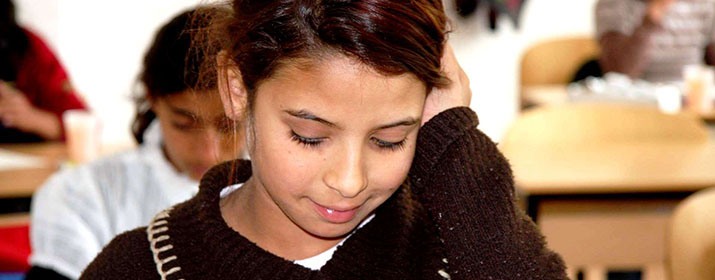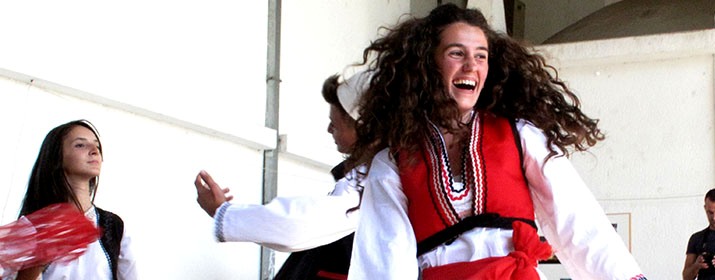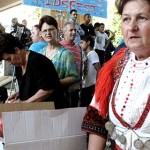North Macedonia has made significant steps towards defining national policies that recognize the country’s cultural, ethnic and religious diversity, but the problem of discrimination on the basis of ethnic origin is still existing. Youth are experiencing low level of knowledge of the culture of “the other” followed by stereotypes and prejudices and communities are willing to explore new programs and projects that can strengthen tolerance, inclusion and mutual respect.
Civil Society Organizations, actives and able to reach beneficiaries and the most vulnerable parts of society, lack of capacities for networking, data analysis and advocacy and they are weak in influencing decision making processes on local level. With this project we aimed at strengthening the capacities of the local civil society in analysis and evidence based advocacy to foster intercommunity relations, especially in the multiethnic municipalities. We stimulated joint actions, to bring together CSOs and the Local government and increase reciprocal trust, identify common needs and ensure the involvement of all community groups.
Through the organization of community forums for common needs identification, we involved different communities of multi-ethnic municipalities to highlight and understand common needs. These forums enhanced communities interactions and inter-ethnic relations.
In parallel, local civil society organizations were invited to establish partnerships with Local Self Governments and jointly present ideas to the call of proposal launched by the project. Initially 12 ideas have been selected and implemented, and the first 12 organizations became mentors and supported other 24 CSO-LSG partnerships to apply and realize their project. This mentoring process increased the capacities of the small organizations to establish partnerships with the local government, the business sector and the community.
Moreover, in order to enlarge the inclusion process in the identification of common community interests, 12 community groups, together with 12 municipal councils and 60 members of local political parties in the selected municipalities were directly involved in the new established body in charge. We organized capacity building sessions in advocacy, fact finding and conflict resolution, to strengthen stakeholders in inclusive policy making based on joint interests. Each municipality then developped an annual plan, thanks to the new skills in planning and budgeting joint actions.
The development of the municipal body supported the communities through guiding the process of common needs identification, where the members from different communities worked together and used the interest based negotiation methods to address the joint interests.
A research on the effectiveness of the activities the project has been produced to provide evidence of the impact and to enable further replication of the action.
For further details, please read the material available below:
Outcomes and outputs of the project
Municipal Annual programs
List of sub_grants
Research on effectiveness of the programme

